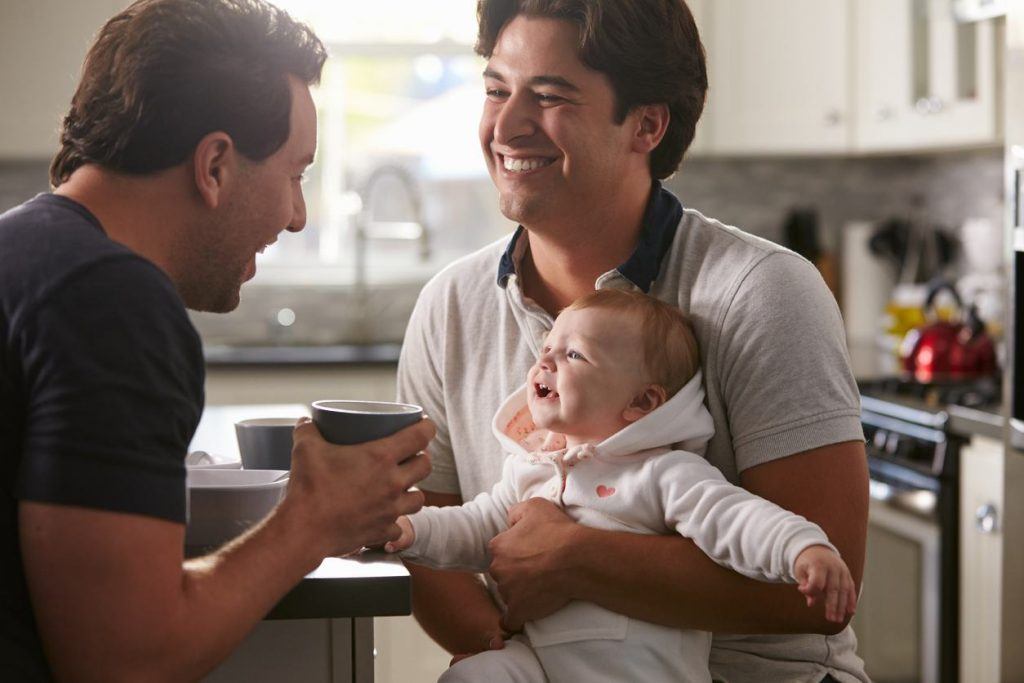Adoption and Unregulated Custody Transfers
For full text of S. 397 click here
June is Children’s Awareness Month, and on the occasion a bill (S. 397) was introduced into the United States Senate titled the Safe Home Act. What this bill aims to do is curtail the “unregulated custody transfers” that occur incident to adoption. The bill defines this transfer as “the abandonment of a child by the child’s parent, legal guardian, or a person or entity acting on behalf, and with the consent, of such parent or guardian,” by placing the child with a person who is not the child’s parent, step-parent, grandparent, adult sibling, adult uncle or aunt, legal guardian, or other adult relative; or an adult family friend; or a member of the federally recognized Indian tribe of which the child is also a member. There must also be an intent to “severing the relationship between the child and the parent or guardian of such child” without “reasonably ensuring the safety of the child and permanency of the placement of the child, including by conducting an official home study, background check, and supervision” and “transferring the legal rights and responsibilities of parenthood or guardianship under applicable Federal and State law.” Continue reading →
 North Carolina Divorce Lawyers Blog
North Carolina Divorce Lawyers Blog



